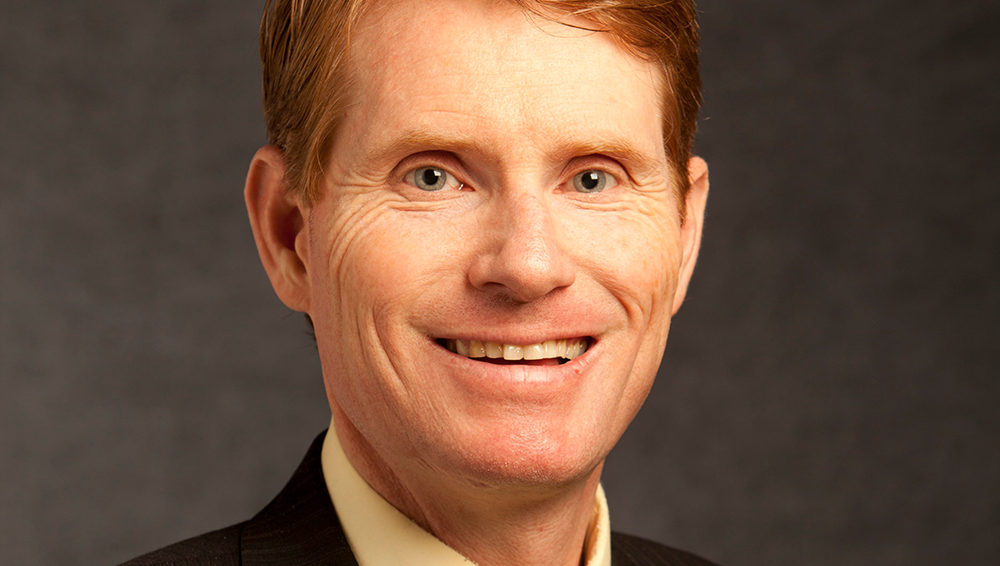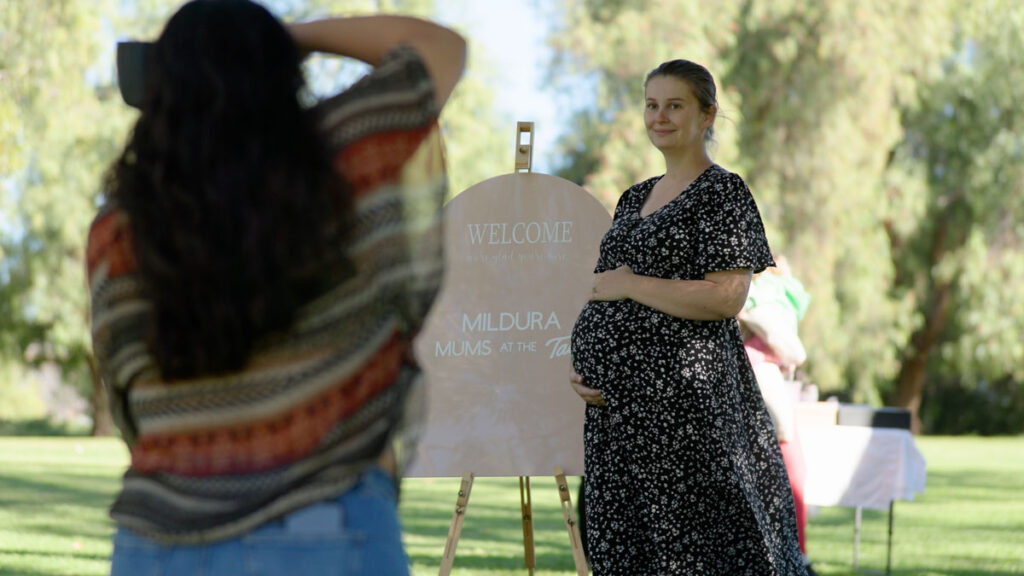Dr Nicholas Miller is professor of church history at the Seventh-day Adventist Theological Seminary, Andrews University, in Berrien Springs, Michigan (USA). He has degrees in theology, law and church history, and has taught courses on church history, religious liberty and Adventist theology for about 10 years. He talked about is work and writing.
Give us a little of your career that has brought you to your current role and publishing.
I have always been interested in religious liberty and church history. My first degree was in theology, and I became interested in religious freedom, and doors opened to do a law degree. I practiced law for a dozen years or so for the government and private firms, specialising in constitutional law. Then Andrews University asked me to come and open a religious liberty centre, and sponsored me for a PhD in religious and legal history. I currently teach law and religion at Andrews, and also practice law for the Church.
How would you rate, on the whole, the Adventist Church’s responses to political, moral and social issues in recent years?
We are doing better than we did in the 1940s to 1960s, but still not as well as our pioneers did in the late 19th century. Despite their end-time fervor, they were very involved with social causes of their day, such as abolition of slavery, temperance reform, and the legal prohibition movement. After Ellen White died, we became very influenced by the American fundamentalist movement which was very quietist in its social orientation, and conservative to regressive in its social outlook. In the mid 20th century, we entered a period where we became content with the social status quo of racism, sexism, and political quietism. In the 1970s and 1980s, we became more aware of our detour into fundamentalism, and have become somewhat more involved in appropriate social and moral issues of our day. But we still struggle a bit with these efforts with the members in the pew.
I believe the book on Marriage, Homosexuality and the Church grew out of a conference held at Andrews University a few years ago. Other than this book, what have you seen as the outcomes of that conference?
Well, I think our conference helped catalyse the worldwide conference held by the GC in South Africa a few years later. Was that in 2013 or 2014? Time flies and it is hard to keep track. But many of the speakers at the South Africa conference had previously presented at Andrews, and the Andrews book was given to all the delegates at that conference. The book has been one of AU Press’s biggest sellers of recent years, selling more than 13,000 copies, which is a runaway best-seller status for a scholarly book. We arranged subsidies for nearly all pastors in the United States to receive a copy, as well as the pastors Australia.
What do you see as the religious liberty aspects of public debates about homosexuality and marriage definitions in many societies today?
Well, it is two-fold. First, will church institutions, including hospitals and schools, be allowed by law to hold on to biblical standards regarding sexual behaviour for their employees and students? It will be very tough to run such institutions if the Church is not allowed to express its moral vision within its own community. Second, will church members be able to organise and carry out their business lives consistent with their moral principles? Christian bakers, florists, and photographers often believe that they cannot conscientiously become involved in the celebration of a union that they view as immoral. It is not about not serving gay people, but rather it is about becoming complicit in a moral choice or act, a gay wedding or celebration, that they fundamentally differ with. These religious liberty questions are separate from issues revolving around the need and right that children have to being cared for by a mother and a father. To think that merely two parents is all children need is to overlook the rather profound differences that are found in the approaches to care, nurture, and discipline generally found between the genders.
Your books are focused on public issues and how the Church relates to these. How can our Church become better at being a reasonable and moral voice in our societies?
Well, we do better than we think, sometimes. Social justice is in our DNA in certain ways. The quickest way to broad uplift in a community is through education, and then healthcare. We have done both very well, and overseas these are still very much missionary endeavours. In the west, we have tended to focus on educating our own community, and this has caused us to lose our mission a bit, and shrink. If we could get back to thinking outside ourselves and our own boxes, and recapture the bridge-building and coalition building we used to be pretty good at, I think we could recapture that voice.
In The Reformation and the Remant, you argue strongly against conspiracy theories that seem to circulate so easily in our Church. Why is this kind of thinking so attractive for some church members and what are it dangers?
Conspiracy theories are a form of gnosticism, I have special knowledge that gives me inside knowledge and an inside track on understanding world events. Perhaps we are attracted to it because prophecy studies also give similar kinds of insights, but ones that are more historically valid, and less driven by fear and suspicion. Many people come into the Church through prophecy seminars, but then not much is said about prophecy in church at times. So the vacuum is filled by these extreme voices. I think if pastors did a better job of including prophetic updates their preaching in a balanced and responsible manner, it would take the oxygen away from some of the extremists. [pullquote]
So why does the reformation still matter to our Church about 500 years later?
Well, the spiritual principles of sola scriptura, fide, and gratia are still very much important, as well as the prophetic views of the reformers. But what made them “protestant” reformers was their willingness to use these truths to speak to contemporary religious and social abuses. Martin Luther could have preached justification by faith until he was blue in the face, but if he hadn’t used that principle to critique indulgences and the profits that went with them, he would have been largely ignored. In some ways, it is our failure to bring our spiritual principles to bear on the religious and social abuses of our day that has made the gospel so, well, boring and irrelevant in many peoples eyes. We don’t want to replace the life-changing gospel with the society-changing social gospel, but we do want to recognise the social implications and impact of the true gospel.
How would you suggest that church members can be more engaged in learning about and talking about the kinds of issues you have addressed in your books?
Get my book and read it, would be a good start! More importantly, find others to discuss these issues with, and become involved with Christians outside your church in working on questions of share concern, whether it be marriage and family, pornography, human trafficking, substance abuse, or helping with the refugee crisis. The gospel has principles that speak to all of these things, and so should we.
The Reformation and the Remnant and Homosexuality, Marriage and the Church are available from Adventist Book Centres.






